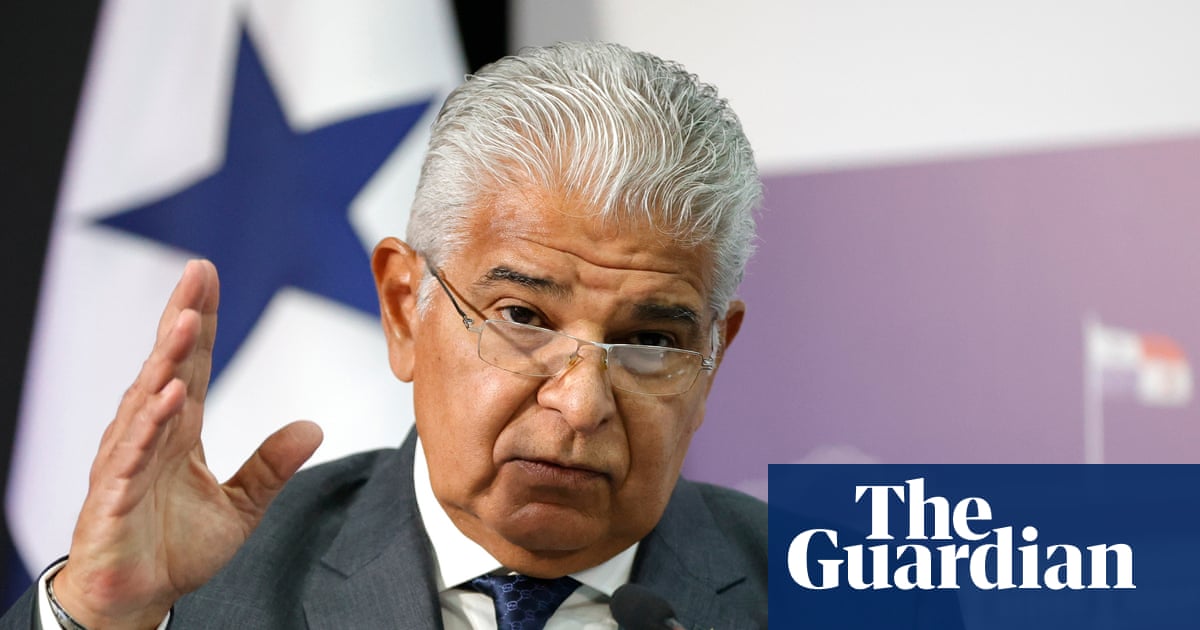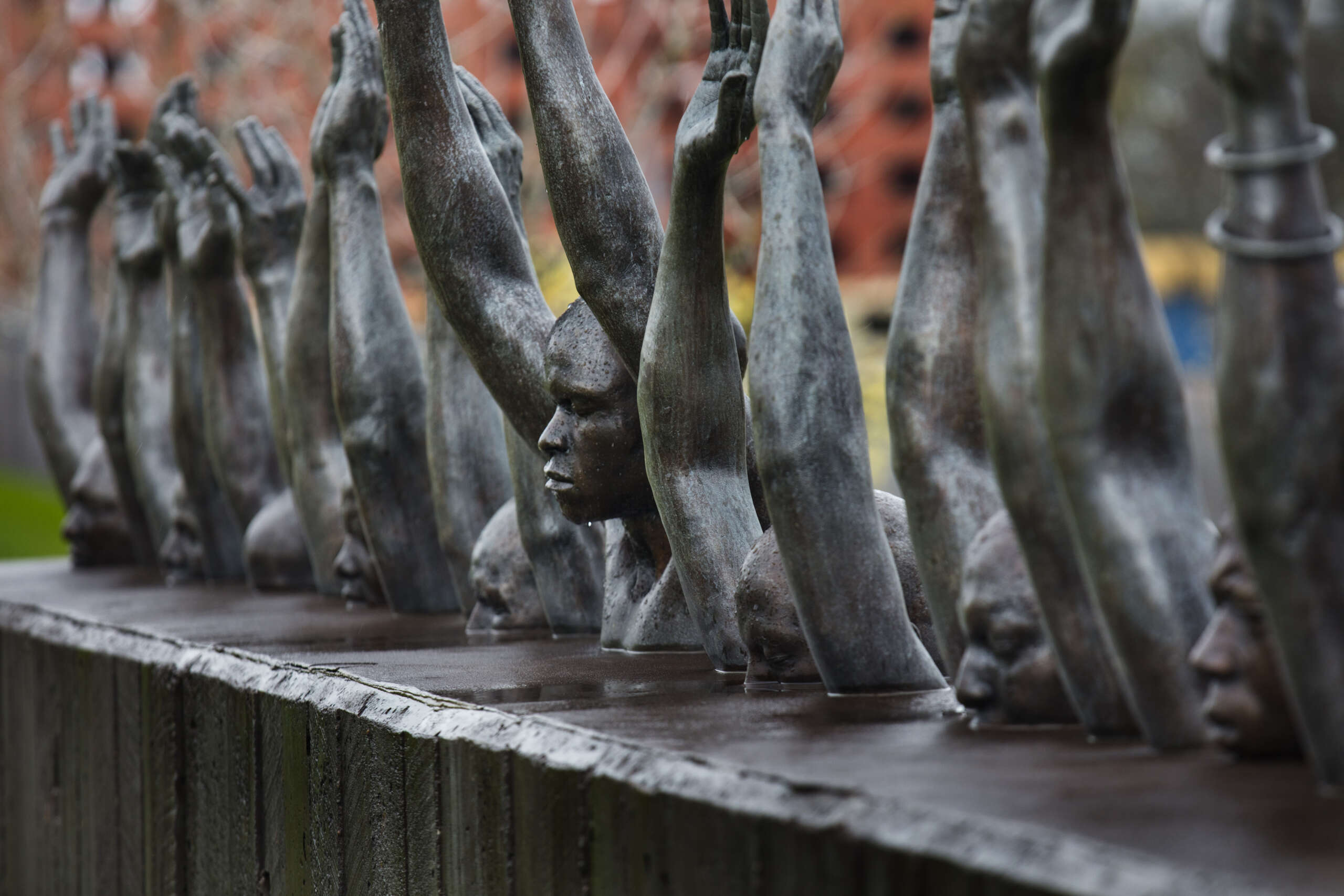On January 11 and 12, the International Court of Justice considered the lawsuit filed by South Africa regarding charges that the Israeli entity committed genocide crimes in its ongoing aggression against Gaza for three months. The Court is the main judicial body of the United Nations. It was established in 1945 and has general jurisdiction, as it considers all cases referred by the parties to it, and all matters specifically stipulated in the Charter of the United Nations, or in the treaties and agreements in force.
When the case relates to genocide crimes, the plaintiff party must prove to the court that intentional acts attributed to the defendant occurred. Here, the legal controversy will relate to the facts and their proof. He must then prove the application of the legal description of the “crime of genocide” to these acts.
The battle to prove the facts and their legal description was the most important part of the arguments that lasted for two days, while South Africa’s requests for temporary precautionary measures sparked an equally important legal debate about the extent of the existence of priority rights that require such measures to be taken.
Proving the crime of genocide: Controversy of facts and law
South Africa bases its claim against the Israeli entity on the United Nations Convention on the Prevention and Punishment of the Crime of Genocide, ratified in 1948. In this case, the jurisdiction of the International Court of Justice relates to holding states accountable for policies and actions of their officials that may constitute a violation of their international obligations stipulated in This treaty.
It is known that a state’s violation of its obligations imposed on it, under international law, raises its international responsibility, and this is what is stipulated in Article Nine of the previous agreement, on which South Africa bases its claim, as this article stipulates that: “He shall be presented to the International Court of Justice, upon a request Any of the conflicting parties, disputes arising between the Contracting Parties regarding the interpretation, application or implementation of this Convention, including disputes related to the responsibility of a State for genocide or for any of the other acts mentioned in Article III.”
The course of procedures before the International Court of Justice begins with the submission of written petitions from the two parties, who first begin to prove their capacity in the case. If the court considers all requests submitted by member states of the United Nations, it is not required that the plaintiff state be a party to the dispute. .
Therefore, South Africa has the standing to submit a request regarding the conflict in Gaza, and the International Court of Justice has ruled in previous jurisprudence that any member with an interest in preventing genocide may file a claim before the Court even if it is not a party to the ongoing conflict.
The court holds hearings for the arguments of the two parties, and South Africa seeks, through its written requests – in addition to what was included in the oral argument of its representative – to convince the judges that what is happening in Gaza constitutes the crime of genocide within the meaning of Article II of the Convention on the Prevention and Punishment of the Crime of Genocide, and that it interferes Within the jurisdiction of the court in accordance with the text of Article 9 of the same agreement.
South Africa will then have to prove that the incidents attributed to the Israeli entity occurred, and also prove the existence of a “systematic pattern” of acts “with the intent to destroy, in whole or in part, a national, ethnic, racial, or religious group.” Thus, the legal endeavor of the plaintiff party here relates, first, to proving that the facts occurred on the one hand, and that the legal description of “genocide” applies to these facts on the other hand.
Indeed, the intervention of the South African delegate was based on these two goals, as she initially went on to confirm the actions committed by the Israeli army forces in the Gaza Strip from “reliable sources, mostly from the United Nations,” as a matter of fact, and presented some statistics provided by the United Nations bodies to prove “ “genocidal behavior” of the Israeli entity.
The delegate then moved on to try to confirm the legal description of these actions as constituting a violation of Article 2 of the Convention on the Prevention of the Crime of Genocide, especially paragraphs: “A, B, C, and D” by stating that “Israel commits acts represented in: the mass murder of Palestinians, reaching the death toll.” To 23,000, at least seventy percent of whom are women and children, causing serious physical and psychological harm to the Palestinians, imposing conditions that do not allow them to continue life by resorting to forced displacement methods, preventing food and medical aid, in addition to depriving them of safe and livable shelter, and targeting hospitals and centers. “Medical”.
Thus, South Africa built its request on sound and strong legal foundations by relying on established facts and properly legally adapting them as acts of genocide, all of this by basing it on the texts of the United Nations conventions that constitute the objective framework for the jurisdiction of the International Court of Justice in this crime.
On the other hand, the representatives of the Israeli entity presented a political defense more than a legal one. They began to repeat the narrative that politicians in the entity kept repeating, such as the “legitimate right to self-defense” in the face of “the Hamas attack that aims to annihilate the Israeli people.”
But they could not justify the fall of this large number of victims, which is considered strong evidence of the existence of an intention to genocide the Palestinians in Gaza, and they contented themselves with displaying the pictures that the Israeli occupation army had displayed to promote its allegations about Hamas exploiting hospitals and civilian facilities in its military operations, claiming that they are the reason for… This number of casualties were civilians.
From a legal standpoint, the Israeli entity’s legal team failed to advance the basic accusation of committing the crime of deliberate and systematic genocide, which is proven by the amount of bombing and the number of victims, and did not discuss the legal foundations on which the plaintiff’s team relied to prove its claim.
While the plaintiff relied, therefore, on proven facts that were properly legally described, the entity’s representatives attempted to distort the facts by attributing them to another party, namely “Hamas,” without providing any serious evidence to prove these allegations, thus ignoring the issue of responding to the legal characterization of the committed act as an act. Of acts of genocide.
The battle of temporary precautionary measures
In fact, the importance of the South African lawsuit lies in its fact that it is urgent in nature. An urgent lawsuit in the legal concept is a request aimed at taking urgent and temporary measures to prevent the continuation of actions that aggravate the seriousness of the situation and result in irreparable damage in the future. Therefore, it is not possible to wait until the final decision to preserve the rights of the parties that have the highest priority.
South Africa’s request in this direction is based on the text of Article 41 of the Statute of the International Court of Justice, which states: “The Court shall have the power to indicate, if it considers that the circumstances so require, any provisional measures that should be taken to preserve the rights of either party. Pending “The final decision is taken. The proposed measures must be immediately communicated to the parties and the Security Council.”
The temporary measures that South Africa’s lawsuit aims to take are to order the cessation of all military actions carried out by the Israeli army, given that these actions lead to a greater number of civilian casualties over time, and therefore urgent measures must be taken to preserve the Palestinians’ right to life. Such measures, which relate to rights of highest priority, cannot be delayed until the final decision of the court, and South Africa requested that the entity be obliged to do everything possible to ensure that evidence is preserved and not destroyed.
In a precedent for the International Court of Justice in the case brought by Gambia against Myanmar regarding the crime of genocide against the Rohingya people, the Court unanimously adopted in January 2020 interim measures obligating Myanmar to stop all acts of genocide against the Rohingya, and to ensure that security forces do not commit acts of genocide. Collectively, take steps to preserve evidence related to the case.
The court also ordered Myanmar to report on its compliance with the interim measures every six months. This issue was the subject of an extensive legal debate between the two parties to the conflict in the current case, which revolved mainly around the feasibility of imposing temporary measures to prevent continued infringement of the rights of Palestinians targeted by the crime of genocide, and the extent of the existence of priority rights that require taking such measures.
The outcome of the conflict and its repercussions
Symbolically, the first legal victory that should crown South Africa’s efforts is to convince the court of its authority to consider the case. Given that the Israeli entity is the most perpetrator of genocide crimes in the modern era, and the most absent accused from appearing before international courts, merely exploiting the platform For the court to talk about the crimes of the occupation in his presence as a defendant is in itself a political victory that should be praised.
However, the success of the case does not depend on South Africa’s ability to prove premeditated crimes of genocide as much as it depends on the presence of free and impartial will free of any subjective perceptions among the court’s judges about the conflict and its parties, especially since the trial is related to judging the policies of countries, and not on the actions committed by them. Before individuals, which may make the impact of political considerations overshadow purely legal considerations among judges.
It is important to remember that the International Court of Justice is a court for holding states accountable, not individuals. It is a judicial body specialized in examining disputes between members of the United Nations and contributing to maintaining peace and security in the world. Therefore, what is expected if the court charges genocide against the Israeli entity is an order to take… Temporary measures to prevent the continuation of the crime in the first stage, and then hold the entity responsible for committing genocide crimes, with the assumption that this requires it to pay compensation, and to sentence it to economic or diplomatic sanctions.
From a legal standpoint, the rulings of the International Court of Justice are binding on the parties, but the Court itself does not have the authority to enforce its rulings against the parties. Therefore, the party with an interest will have to go to the UN Security Council as the enforcement body for United Nations resolutions to issue a decision to implement the ruling of the International Court of Justice. However, this decision will be subject to the voting system used in the Security Council, which means it may be vetoed by the Council’s veto.
In any case, the international community will face a difficult test in proving its seriousness in stopping the continuation of the crime of genocide against the Palestinians in Gaza based on the ruling of the highest international judicial body if a conviction is issued. However, at the same time, this ruling will revive hopes for the usefulness of the international legal and judicial system. In achieving its ultimate goal, which is to provide effective protection for human rights in the world without discrimination.






